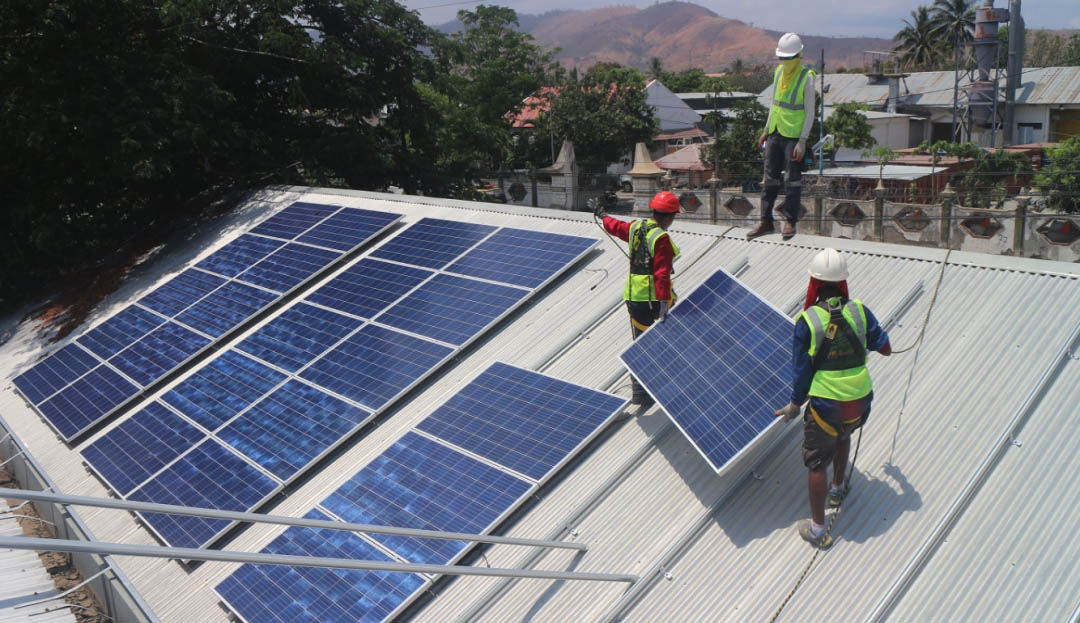
The Thai government recently approved a major update to its solar policy, which includes significant tax benefits to accelerate renewable energy adoption. This new solar tax incentive is designed to make solar power more affordable for households and businesses while supporting the nation's sustainability targets. The initiative reflects Thailand's growing commitment to clean energy and reduces dependence on traditional power sources.
1. Tax Break for Rooftop Solar Installation
A key feature of the updated Thailand solar tax policy is the generous solar tax credit available to homeowners. Individuals can now receive a personal income tax deduction of up to 200,000 THB for rooftop solar installation. Solar energy storage systems must be connected to the grid with a capacity not exceeding 10 kWp, and the applicant must be a registered taxpayer whose name matches the electricity meter registration. Each person can only claim the incentive for one property. In addition to standard rooftop solar panels, the policy also supports investments in a home solar storage system, enhancing energy self-consumption and backup capability. All projects require valid invoices and official grid interconnection documents.

Key Points in a Quick Summary
- >> To qualify, applicants must be individual income taxpayers, and the name on the solar system registration must match the one on the household's electricity meter.
- >> Each eligible taxpayer can only claim the incentive for one residential property with a single meter and one grid-connected system that does not exceed 10 kWp in capacity.
- >> Proper documents, including tax invoices and grid connection approval, are required.
2. Thailand’s Broader Solar Energy Goals
This renewable energy tax credit is part of a larger national strategy to expand solar infrastructure. In addition to residential solar systems, the policy encourages businesses to adopt solar solutions complemented by commercial storage system setups. These commercial battery storage systems help companies efficiently manage energy demand and contribute to grid stability. According to the updated Power Development Plan (PDP 2018 Rev.1), the country aims to reach 7,087 MW of solar capacity by 2030. It is fostering an ecosystem that supports both small-scale and industrial renewable projects. This integrated approach strengthens the solar energy landscape across the country.
The plan includes:
- (1) 5 GW for ground-mounted solar projects
- (2) 1 GW for solar plus storage installations
- (3) 997 MW for floating solar
- (4) 90 MW for residential rooftop systems.
Through these targets and supportive policies such as tax benefits, Thailand hopes to significantly increase the share of renewables in its energy mix while encouraging public participation in the green energy transition.
This new tax measure is expected to accelerate the adoption of solar technology among Thai households and companies, supporting both economic and environmental objectives.
⭐ Stay informed about the latest updates in the solar and energy storage industry!
For more news and insights, visit us at: https://www.youth-power.net/news/
Post time: Sep-11-2025

